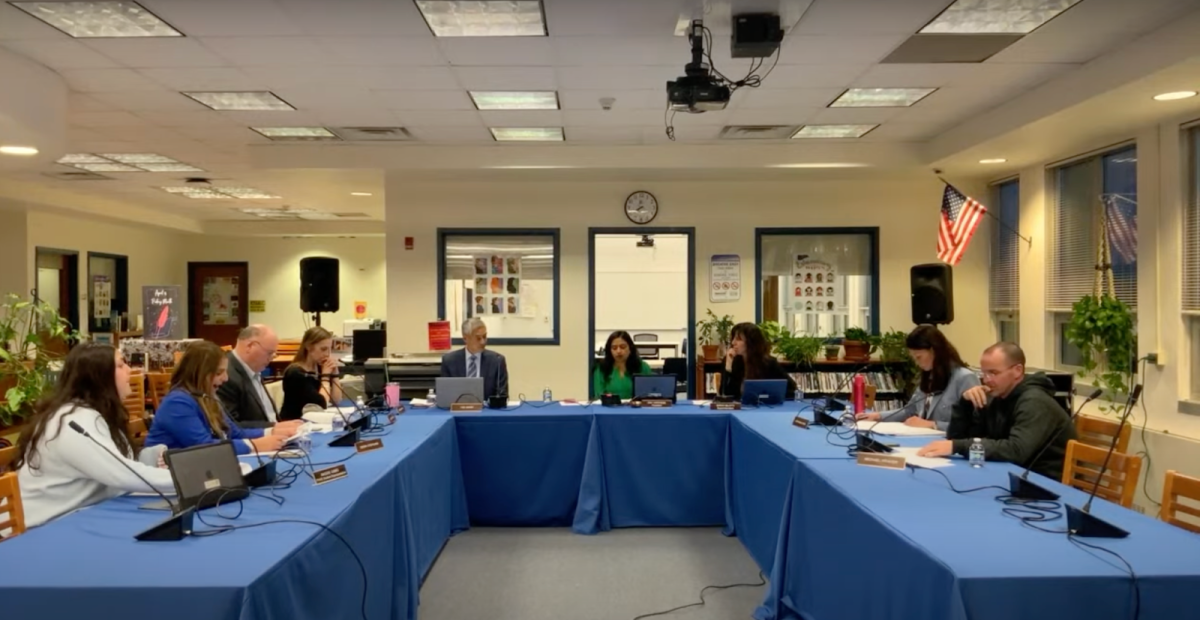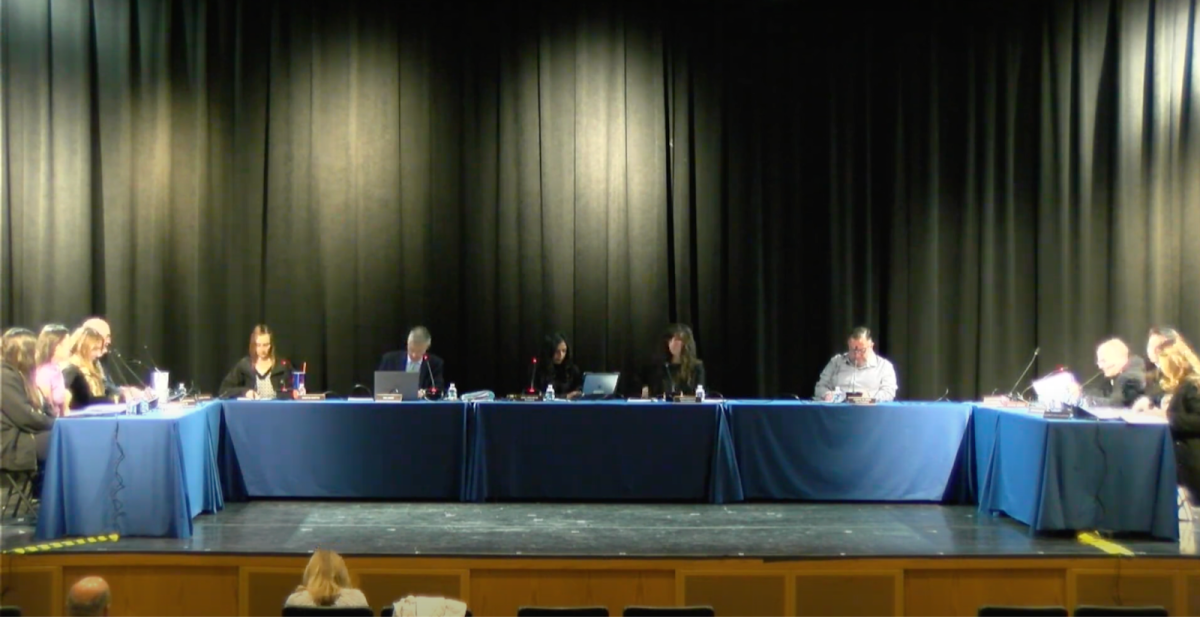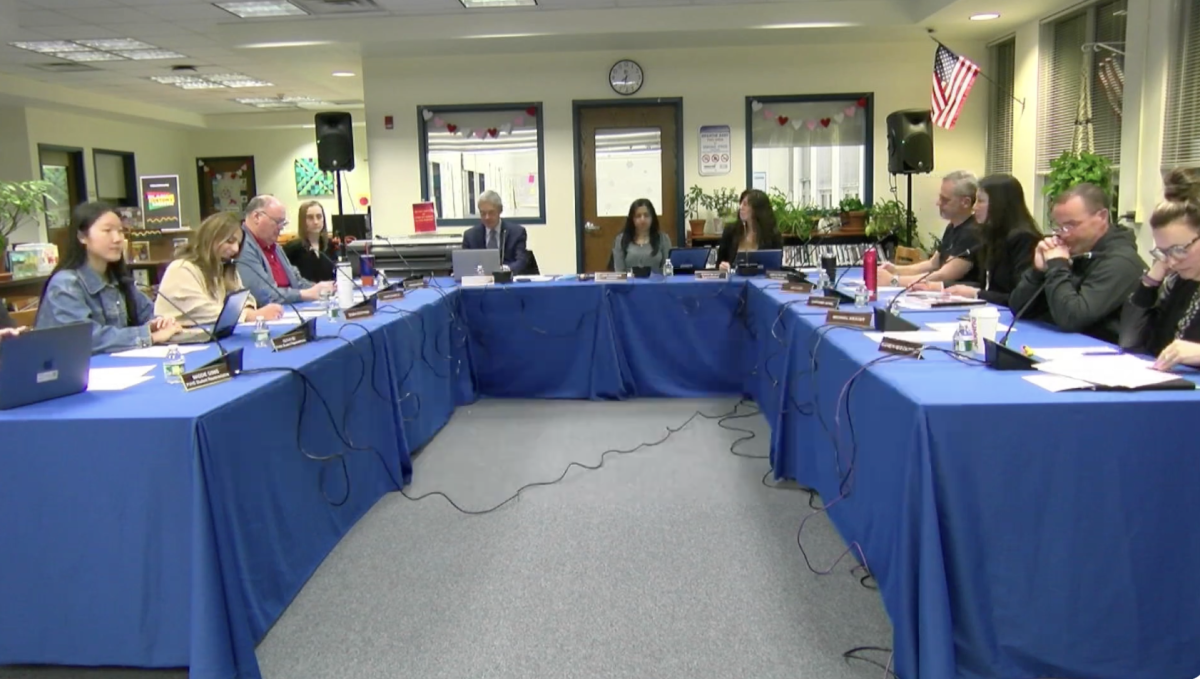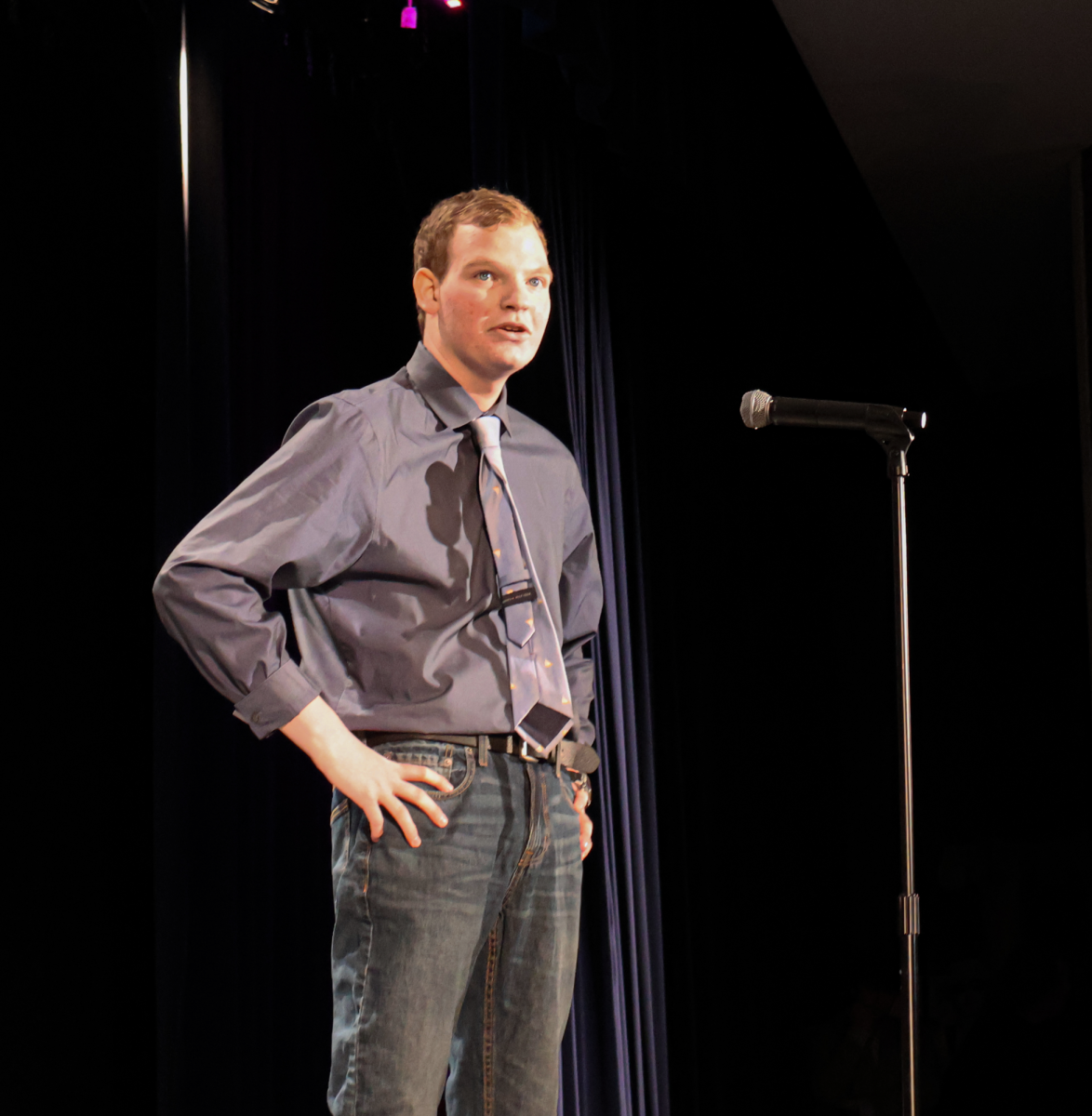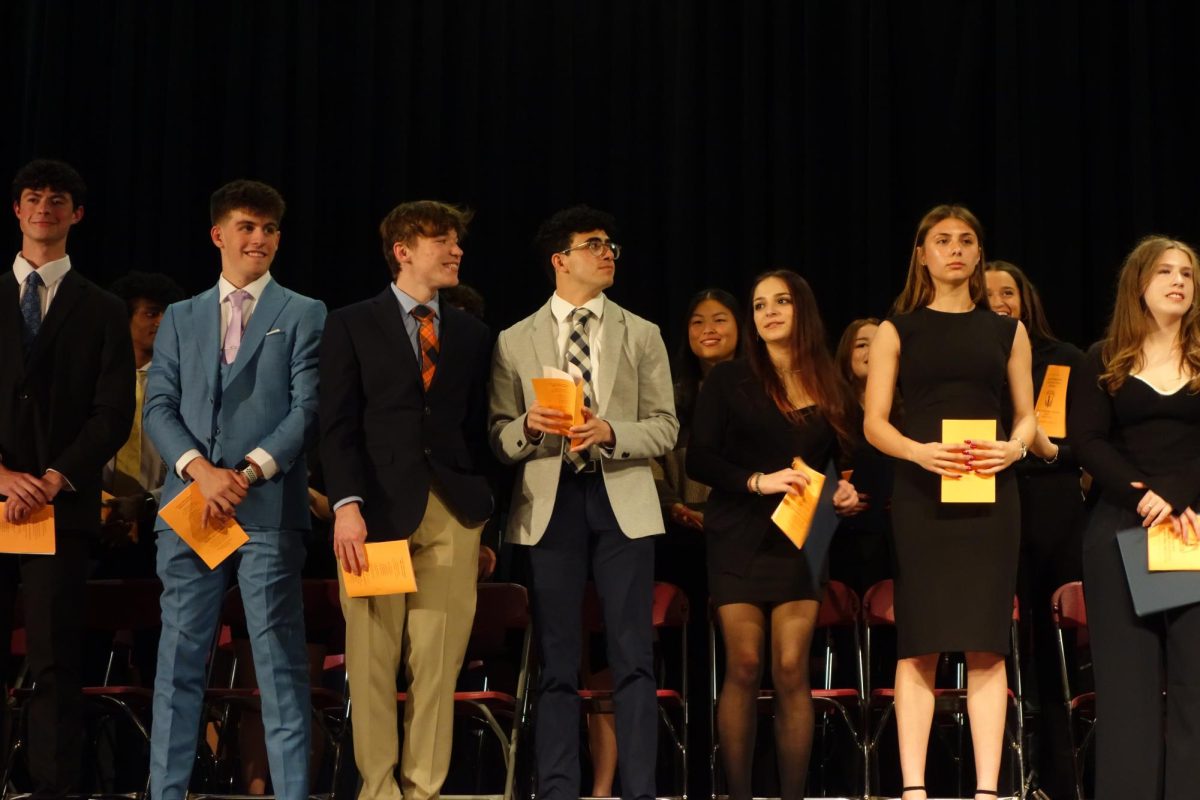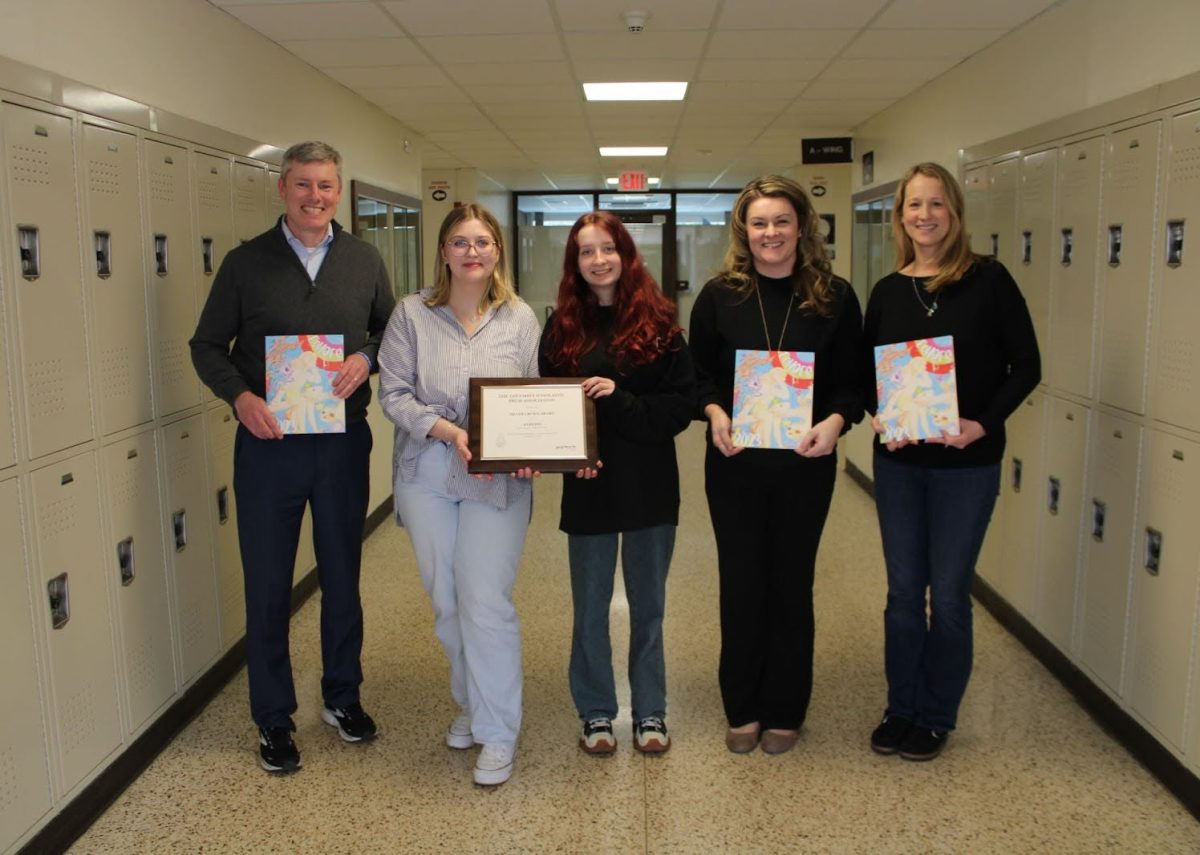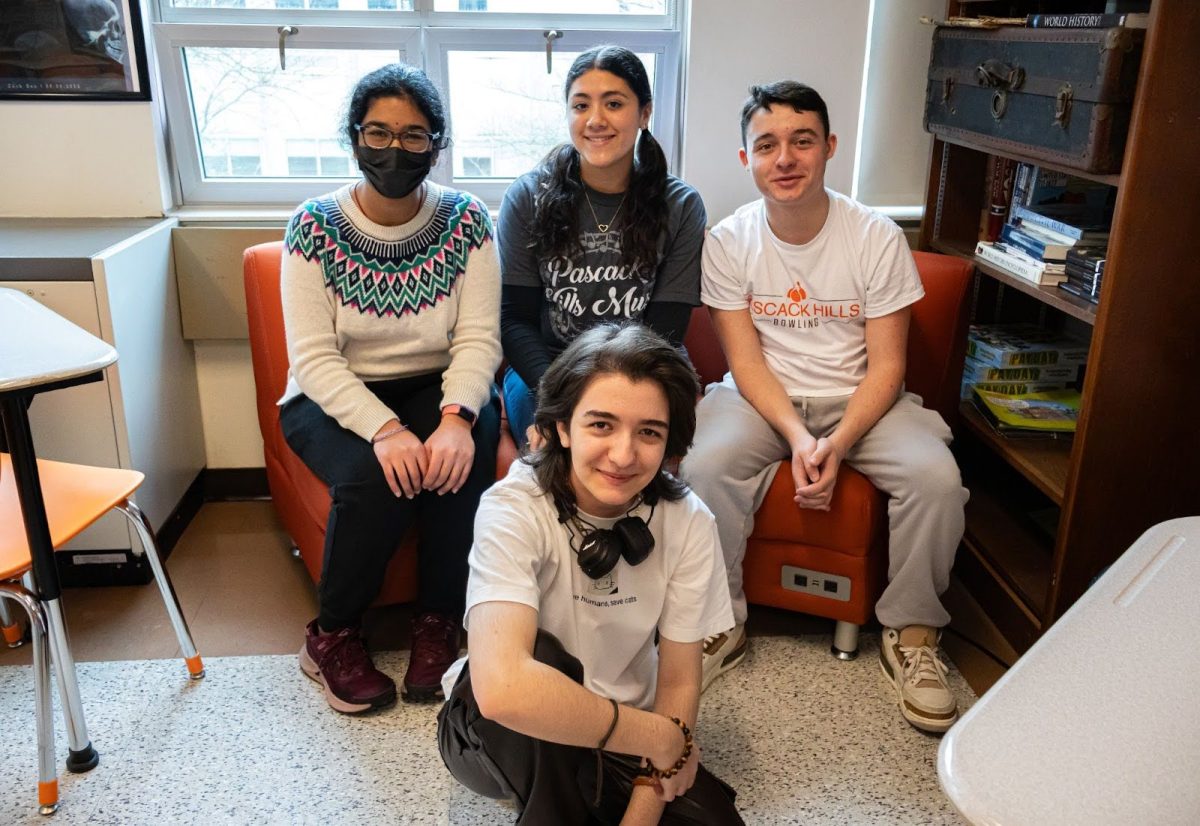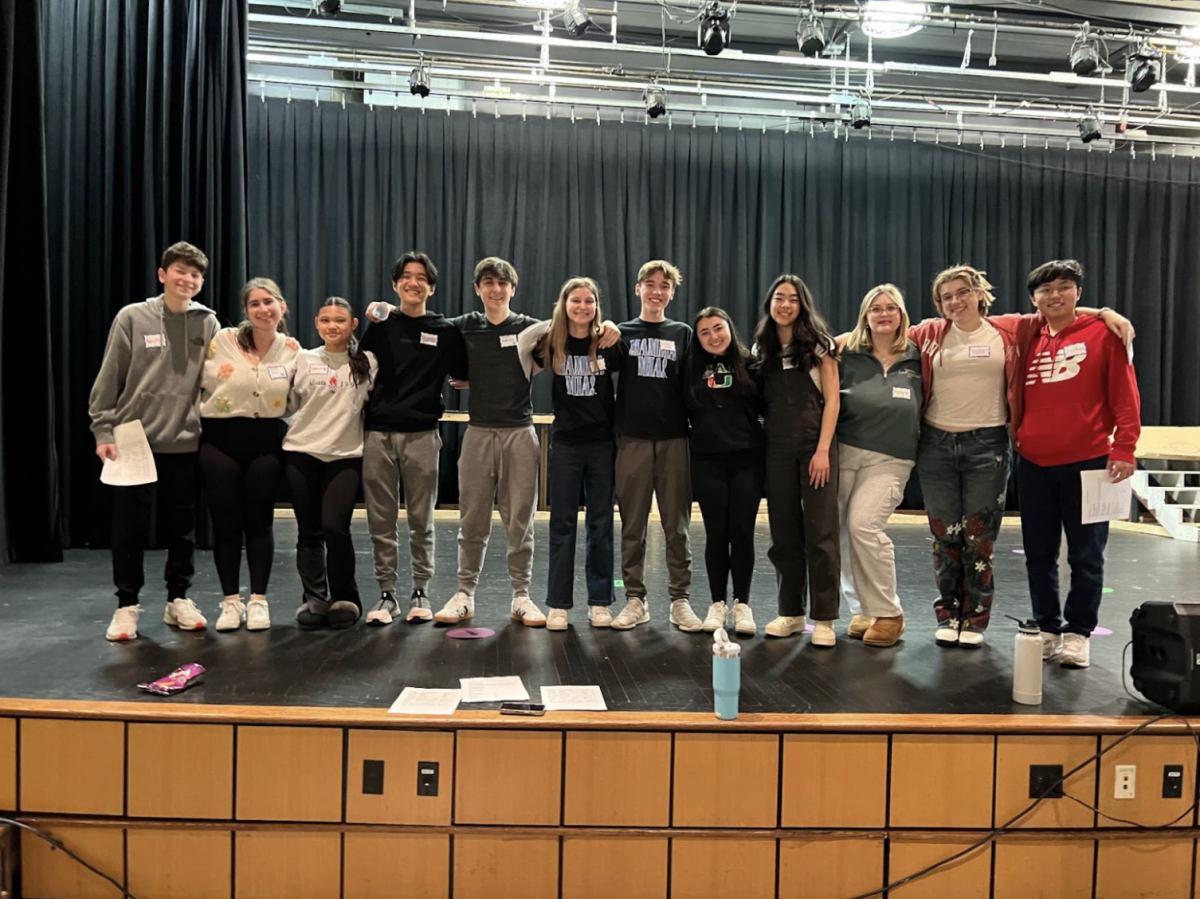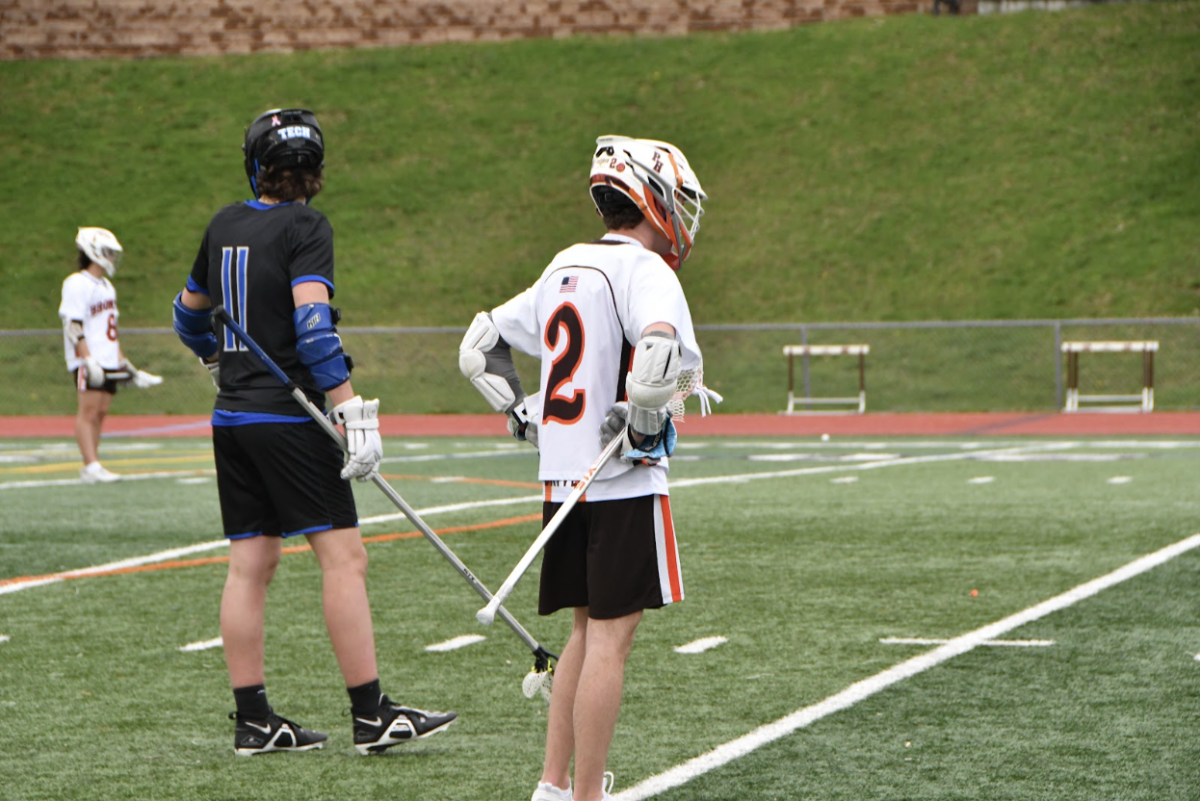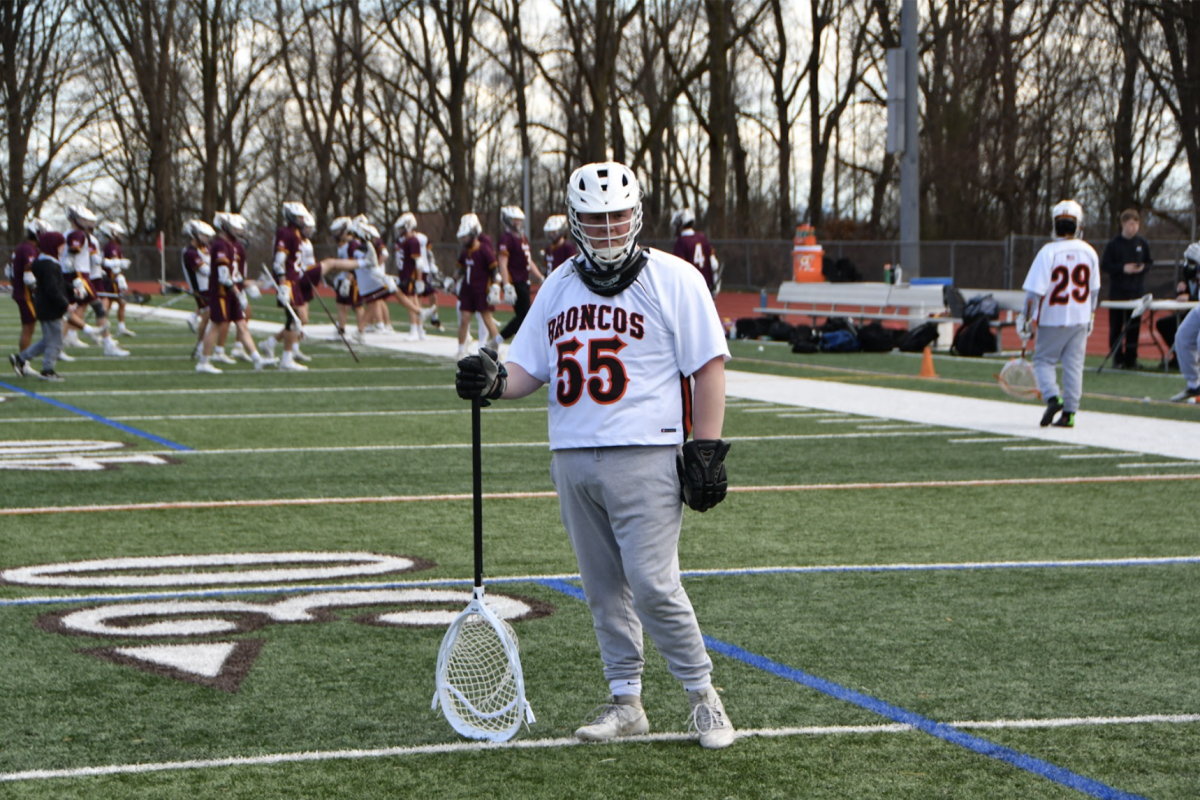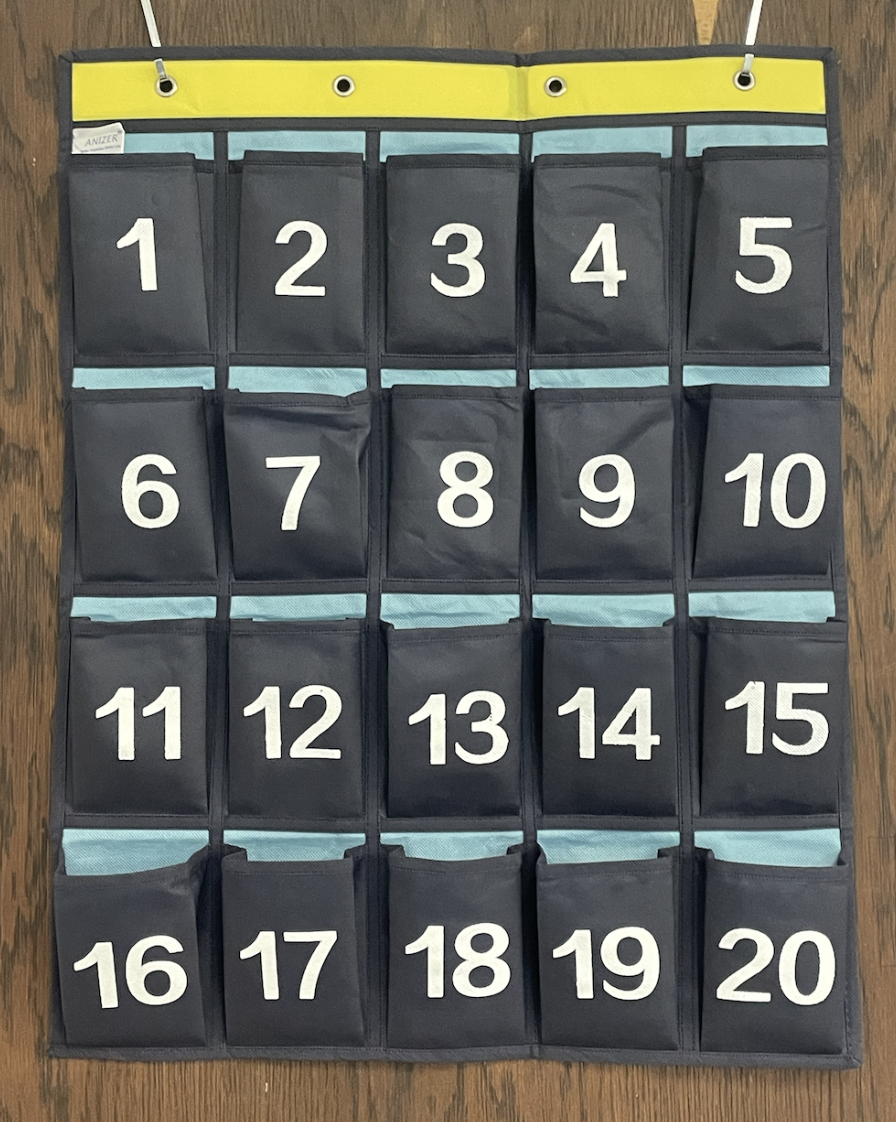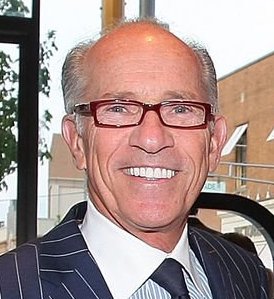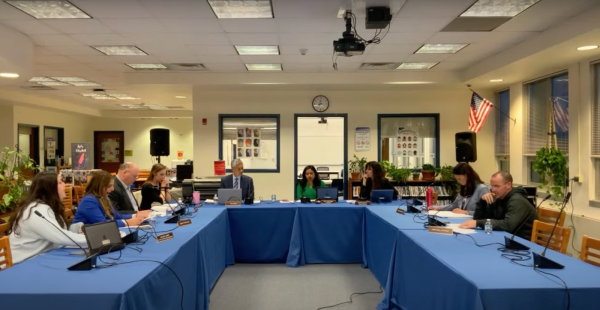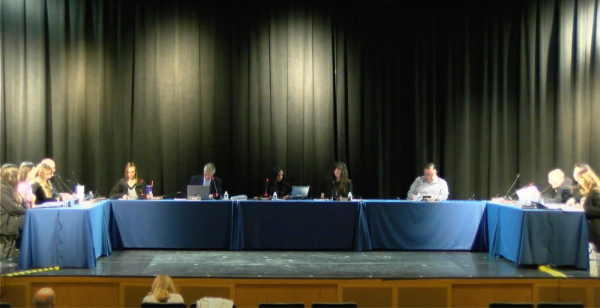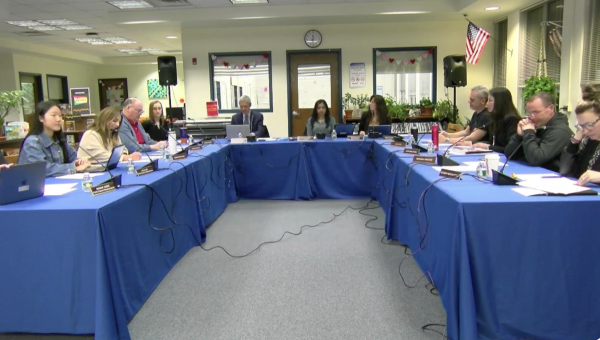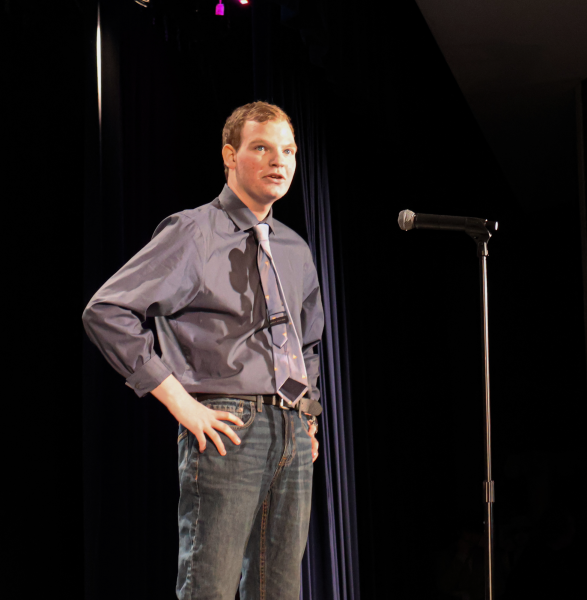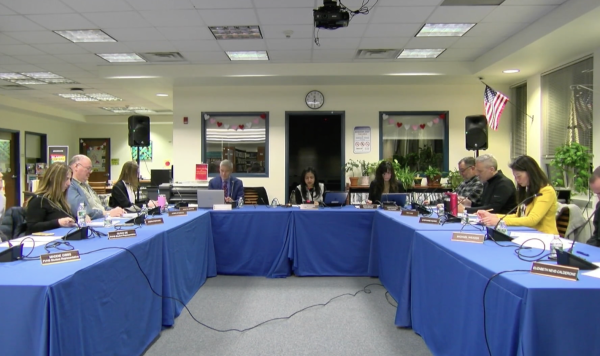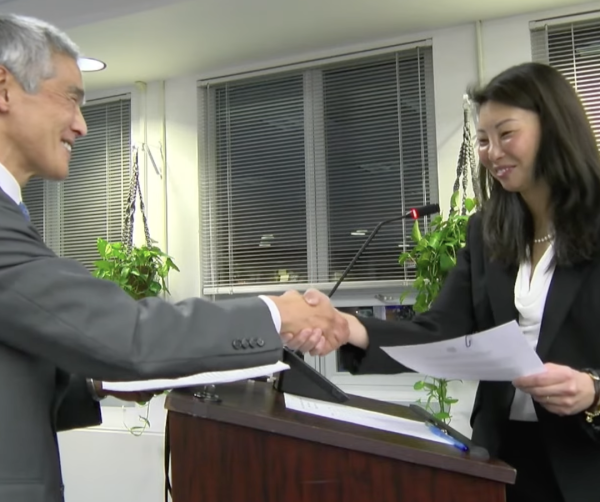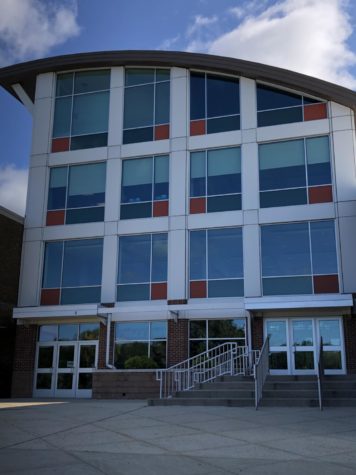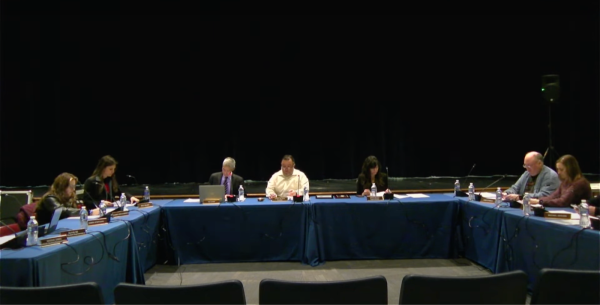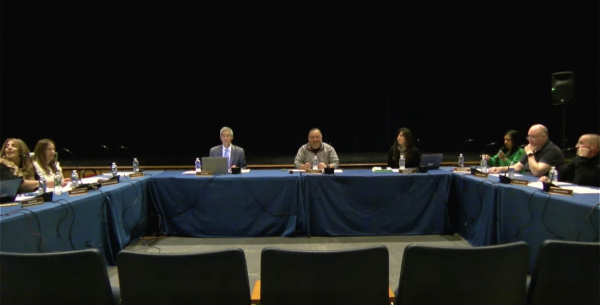‘It’s not just George Floyd’: Hills-Valley equity team plans protest
Members of the equity team outlined their response to George Floyd’s killing and how they believe the district can educate about racial equity.
This year, both Hills and Valley joined forces to create an equity team within the district. After the killing of George Floyd, they believe tough conversations are even more vital.
[Editor’s note: The Trailblazer is planning continued coverage of the George Floyd protests and equity in the school district, including multiple articles covering the interview with the equity team below.]
On June 1, one week after protests began over the murder of a Black man named George Floyd in the custody of Minneapolis police, Hills Principal Glenn deMarrais and Assistant Principal Tim Wieland sent an email to students titled, “Sad and Challenging Times.”
Citing Martin Luther King Jr.’s quote that “riot is the language of the unheard,” they asked that the Hills community “collectively work to be the change so desperately needed.”
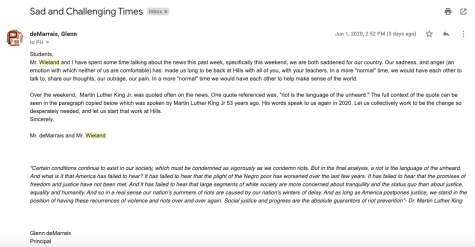
The next day, at 10 a.m., the Pascack Hills and Pascack Valley equity team sent out an email titled, “BREAKING THE SILENCE.”
In the statement addressed to all students, teachers, and administrators at both schools, the team claimed that “Pascack Hills and Pascack Valley have had a history of remaining silent or providing inadequate responses during disturbing events.”
“Over a week after [Floyd’s death], neither of the schools have said the name of the man murdered by the police, George Floyd.”
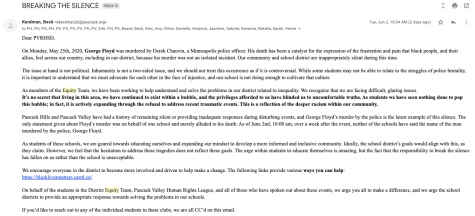
An assessment by the Trailblazer of statements made by district officials validates this claim. The equity team, created this year at Hills initially to respond to a school climate survey, now includes 20 students from both Hills and Valley. The current Hills members are sophomores Shariany Then, Kailani Perez, and Katy Zeidwig; juniors Yemie Woo, Danielle Strassberg, Claudia Kim, Chloe Djedji, Jasmine Delgado, Alec Boyajian, Maeve Rossig, and Ava Henrich; and seniors Beck Kerdman, Greyson Beato, Gabe Broadman, and Alaunna Thompson.
Two members, Delgado and Henrich, agreed to meet virtually for an interview with Editors-in-Chief Jared Mitovich and Mackenzie Blowers.
Learning through social media
In the interview, Delgado and Henrich began by talking about their personal reaction to the killing of George Floyd. They credited social media for learning what happened –– and watching the exact scene, filmed by an onlooker.
“Someone has to be there witnessing and videotaping someone dying for people to listen to them,” Delgado argued. She said she doesn’t think there would be much justice for Floyd “if not for these protests that have been happening worldwide.”
Yesterday, Minnesota Attorney General Keith Ellison announced he had upgraded the charges against Derek Chauvin, the police officer who forcibly placed his knee on Floyd, to second-degree murder. He also charged the three other officers who assisted Chauvin as accomplices and abettors in the crime.
The district wasn’t talking about it all, so if it weren’t for social media and being able to educate myself through all the links, I wouldn’t really be able to know what was going on.
— Ava Henrich, equity team member
“This was one of the ones that blew up,” Henrich explained. “The district wasn’t talking about it all, so if it weren’t for social media and being able to educate myself through all the links, I wouldn’t really be able to know what was going on.”
[Read more about how to help the Black Lives Matter movement here.]
Both Henrich and Delgado said the education they and other equity team members had taken upon themselves helped ground the team’s response to the specific event and the issues they said it was connected to.
Henrich argued that “people are blind to the amount of power [the police] are given and the amount of immunity they’re given within the criminal justice system,” and that the equity team believed it was their responsibility to help educate the community on issues like police brutality.
Equity team criticizes district response
However, she also said that it wasn’t necessarily their choice to take it upon themselves to address those issues outright. Both Henrich and Delgado said the team was disappointed that the email sent by deMarrais and Wieland “didn’t even say George Floyd’s name –– it just kind of vaguely talked about it.”
“We were kind of sad it fell on our shoulders to have to recognize [Floyd’s killing] outright and say his name and talk about what happened without hesitating, without worrying about controversies,” Henrich explained. She said this was the main catalyst behind their email to every grade, every teacher, and every administrator in the district to explain the events in full, describing it as an effort “not to silence” what had happened.
We were kind of sad it fell on our shoulders to have to recognize [Floyd’s killing] outright and say his name and talk about what happened without hesitating.
— Ava Henrich
The other part of deMarrais and Wieland’s email the team disagreed with was its statement that “in a more ‘normal’ time, we would have each other to talk to, share our thoughts, our outrage, our pain. In a more ‘normal’ time we would have each other to help make sense of the world.”
Henrich said the team believed this was untrue. “If we really were together in school, we don’t think we would be helping each other through it at all, because [students and staff] haven’t done that in the past.”
As a result of their disappointment, each member contributed to writing the team’s email. While they received responses from a wide array of student’s viewpoints, Henrich said the administration’s “showed a lot of humility.”
DeMarrais, Wieland, and Superintendent Erik Gundersen responded to the team by apologizing, Delgado said. “They got back to us, and I think that’s something that is extremely important –– that administrators understand their faults.”
[The administration] got back to us, and I think that’s something that is extremely important –– that administrators understand their faults.
— Jasmine Delgado, equity team member
The principal, assistant principal, and superintendent said they were sorry that students felt their statements were lacking and promised to work with the equity team in the future.
Humility is vital in tough conversations that need to be had, Henrich said.
Continuing to fight for equity
Now, the team is moving forward with addressing the broader issues of police brutality and racism without the United States. They are planning a socially distant protest on Monday “to show solidarity” where students will write the names of lives lost due to police brutality in parking spaces on Hills’ campus. A similar statement will also be made at Valley, but near the school’s entrance and writing in the center, “Say their names,” a mantra frequently used by Black Lives Matter and those fighting for racial justice. The intention in both is for students and staff to see the writing when driving by or returning materials as the school year ends.
[Read Opinion Editor’s piece on the killing of George Floyd here.]
It’s so important that people realize it’s not just George Floyd. It’s so many individuals and families that have been affected by it. It’s not just a number or statistic, it’s a person, and [the equity team] really want[s] to emphasize that.
— Jasmine Delgado
“It’s so important that people realize it’s not just George Floyd,” Delgado emphasized. “It’s so many individuals and families that have been affected by it. It’s not just a number or statistic, it’s a person, and we really want to emphasize that.”
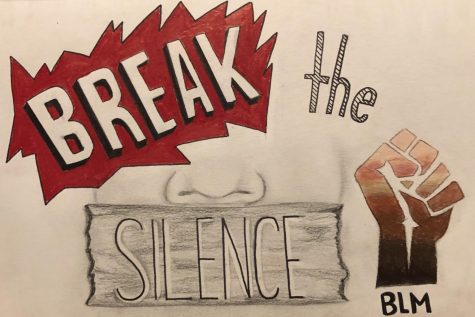
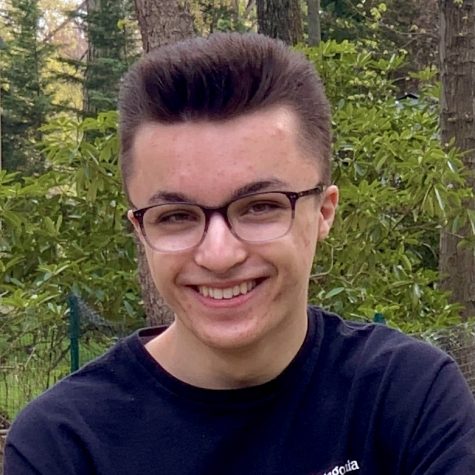
Jared Mitovich joined the Trailblazer his freshman year as a staff writer. He has helped manage the Trailblazer's social media since his sophomore year, and in his junior year he edited the Opinion section. Now in his final year of high school, Mitovich is looking forward to working with Mackenzie Blowers as Editor-in-Chief along with the entire Trailblazer staff. You can follow him on Twitter at @jmitovich!
Fun fact: Mitovich once met a presidential candidate.
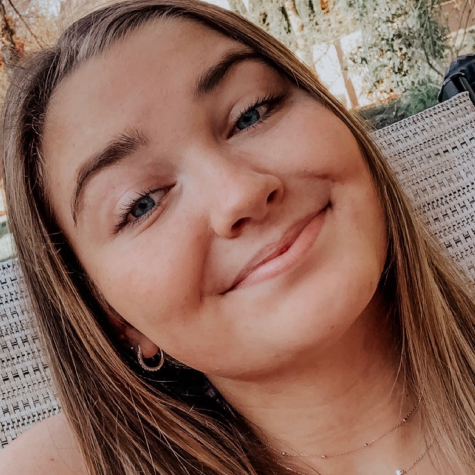
Mackenzie Blowers is a senior at Hills and is excited to be Editor-in-Chief of the Trailblazer along with Jared Mitovich. Before becoming Editor-in-Chief, Blowers edited the College Corner section of the Trailblazer and helped manage the paper's social media. She's looking forward to working with the Trailblazer staff to continue reporting with Hills Pride.
Fun fact: She loves to travel and collects pins from every city and country she visits!


